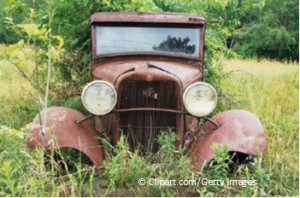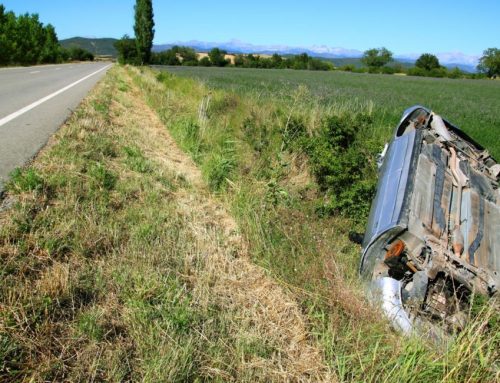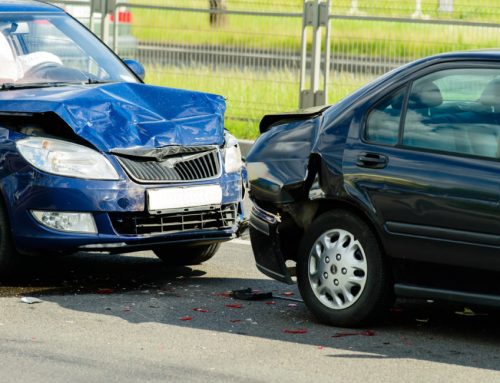It’s not uncommon for children to wander onto someone else’s property because they want to play with something they see there “ – and to get hurt as a result.
Of course, such children are “trespassing” in a sense, since they don’t have a legal right to go onto someone else’s property. But younger children usually don’t understand about property rights; they just want to play around something interesting, such as an old car, a discarded appliance, or a swimming pool.
And the law is often on the children’s side. In fact, in many cases, the law says that landowners have a legal duty not to allow hazardous things on their property if a child might see them, wander over, and be injured.
There’s even a formal legal name for dangerous things that entice children in this way: “attractive nuisances.”
Of course, that’s not to say that a homeowner can’t have a swimming pool in the backyard or keep an old car in the driveway. But property owners do have to take reasonable precautions to prevent injuries to children, even children whom they didn’t invite onto their land.
When a child is injured because of an “attractive nuisance,” his or her family may be able to sue for compensation. And that’s true even if the child’s family wasn’t supervising the child as well as they could have.
Here’s a look at some of the most common types of “attractive nuisances”:
Swimming pools
Swimming pools are very appealing to kids on a hot day, and the risk of a small child drowning is considerable. Plus, it’s not terribly costly to take steps to prevent harm, such as a security fence or locked gate.
In one recent case, a Georgia court held homeowners responsible when a two-year-old boy drowned in their pool, even though the boy’s parents acknowledged that he wasn’t invited onto the property. The court noted that the pool had a “playground-style” slide and was close to an elementary school, and said the homeowners should have taken this into account and installed a fence.
Of course, the law requires reasonable safety measures, not complete perfection. If a property owner takes reasonable steps to prevent harm and a child somehow sneaks in anyway, the owner likely won’t be responsible.
On the other hand, many cities and towns have specific safety code provisions that require certain precautions. Even if property owners take what they consider reasonable steps to reduce risk, they could still be held accountable if they didn’t follow all the legal requirements.
Play structures
Swing sets, slides, synthetic “rock walls,” rope ladders, trampolines and treehouses can all be “attractive nuisances” under the right conditions, and owners need to take appropriate steps to keep out children who are too young to appreciate the risks.
For example, one court on the East Coast found a homeowner responsible for injuries to a child who rode a scooter onto a skateboard ramp at another family’s home. The court said the homeowner was negligent in leaving a scooter right next to the ramp, since the owner should have known that this would attract other children, creating a dangerous situation.
It’s also worth noting that trampoline accidents have become so common and foreseeable that some insurance companies won’t even insure a home if there’s an outdoor trampoline on the property.
Construction sites and farms
What preschooler doesn’t like to pretend he’s Bob the Builder or Old McDonald? Farms and construction sites are an obvious lure to children, and dangers can be posed by construction equipment, unfinished upper floors, tractors, silos, and abandoned machinery. Farmers and builders may well have a duty to install adequate fencing.
Liquor and gun cabinets
Even teenagers can be the victim of attractive nuisances, if the attractions are items such as guns, liquor, power tools, etc. Homeowners should take reasonable steps to keep these items out of the hands of unsupervised minors.
Gun owners can be responsible for accidental injuries caused by a young person they didn’t invite into their home, and parents in some cases have been held liable for drunk driving accidents caused by their children’s friends of attractive nuisances, if the attractions are items such as guns, liquor, power tools, etc. Homeowners should take reasonable steps to keep these items out of the hands of unsupervised minors.
If you have any concerns about injuries your child sustained on someone else’s property, contact us at 233-7200 or 1-800-903-8101 for a free telephone consultation.






